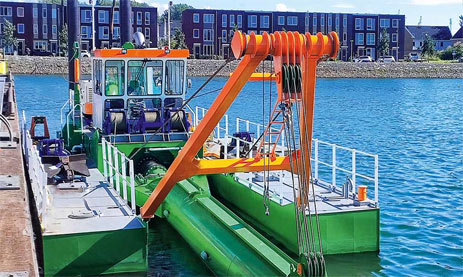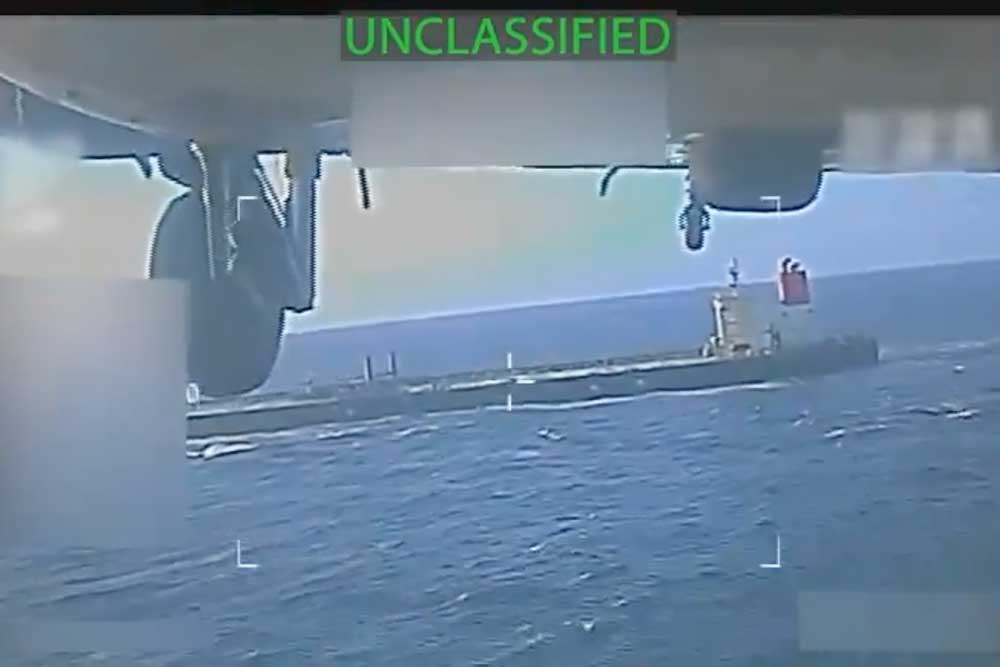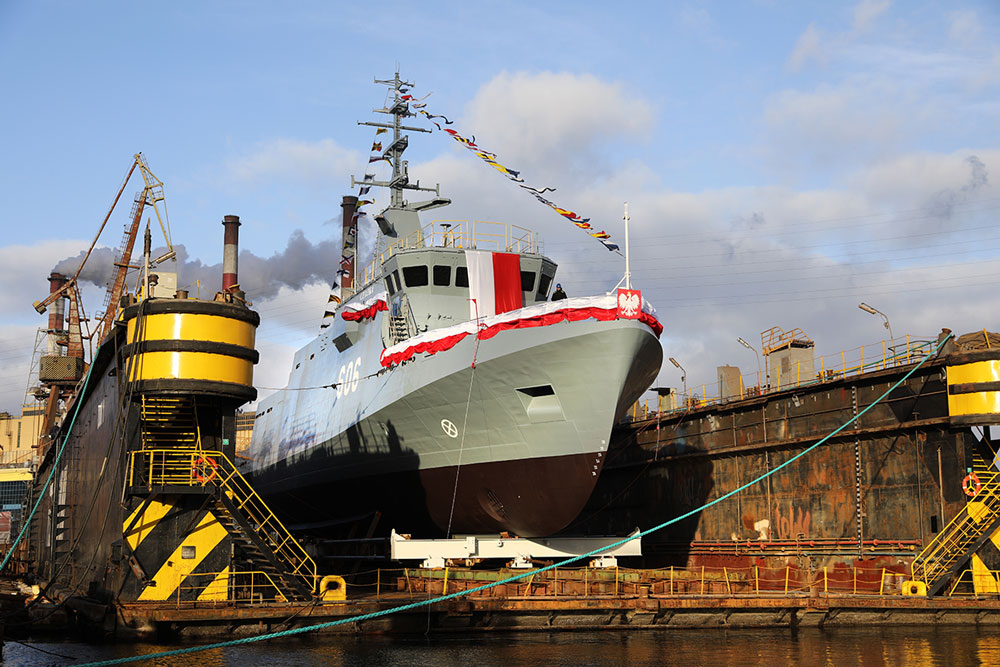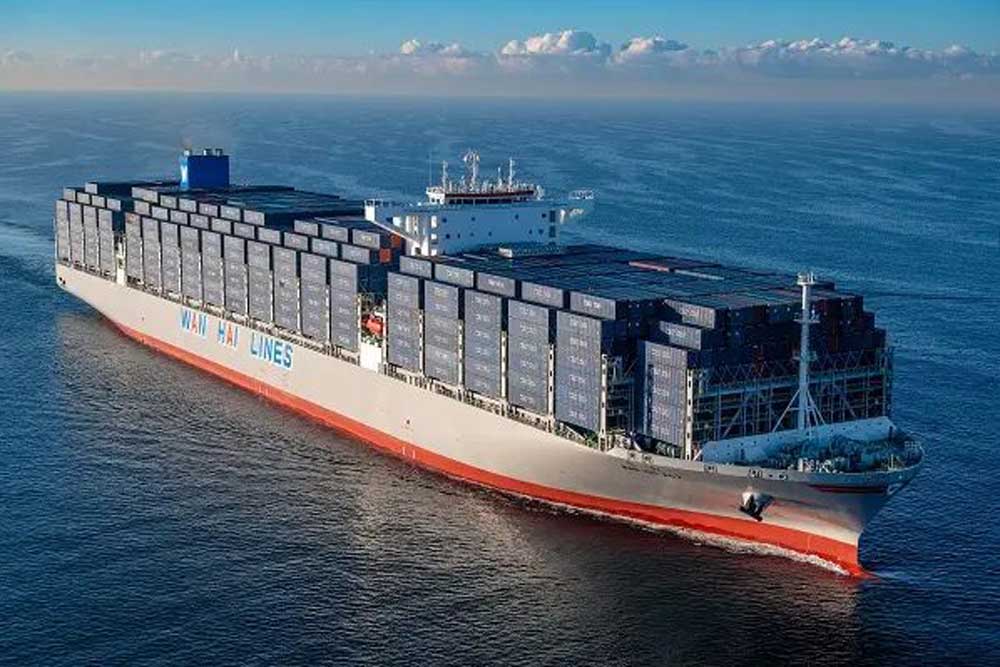A joint project of the Maritime Just Transition Taskforce has established the framework for the qualification of seafarers in the course of the transition to zero emissions shipping.
The new training project of the Maritime Just Transition Taskforce, which is mainly supported by the Lloyd’s Register Foundation, will prepare seafarers for zero or near-zero emission ships.[ds_preview] The aim is to support the global shipping industry in decarbonizing and ensuring a just transition for seafarers. The necessary training materials are to be developed by mid-2025. The project will be announced at the UN Climate Change Conference 2023(COP 28), which will take place in Dubai, United Arab Emirates, from November 30 to December 12, 2023.
According to a study by the Maritime Just Transition Taskforce, 800,000 seafarers need additional training
A study commissioned by Maritime Just Transition has found that by the mid-2030s, 800,000 seafarers will need additional training to operate ships powered by zero or near-zero emission fuels.
The Maritime Just Transition Task Force was established at the UN Climate Change Conference COP 26 in 2021 by the International Chamber of Shipping(ICS), the International Transport Workers’ Federation(ITF), the United Nations Global Compact, the International Maritime Organization(IMO) and the International Labor Organization(ILO). The taskforce has been working to ensure that seafarers are at the center of the shipping industry’s response to the climate emergency.
Training framework funded by IMO and Lloyd’s Register Foundation
As seafarers are at the heart of the shipping industry, this training is critical to a successful and just transition to a new shipping landscape. The training framework, funded by the IMO and Lloyd’s Register Foundation, will equip seafarers with skills in decarbonization and provide guidance to trainers and the industry.
“Seafarers are at the heart of the just transition needed in the shipping industry. And training the current and future workforce is vital to ensure that workers’ expertise is at the forefront of the transition and decarbonization of the industry,” said Stephen Cotton, General Secretary of the International Transport Workers’ Federation. “We have heard the message loud and clear from seafarers around the world: They are ready to take a leadership role and shape the training framework for the zero-carbon fuels of the future.”
“The milestone set by the IMO with the adoption of the 2023 Strategy to reduce greenhouse gas emissions from shipping demonstrates the clear commitment of Member States to transition the shipping industry to a low-carbon future,” underlined IMO Secretary-General Kitack Lim. “To achieve this, we must ensure that no one is left behind and we must commit to training the workforce so that they are ready. This collaborative project will help ensure a successful and just transition and harness the collective strength of the global maritime community.”














